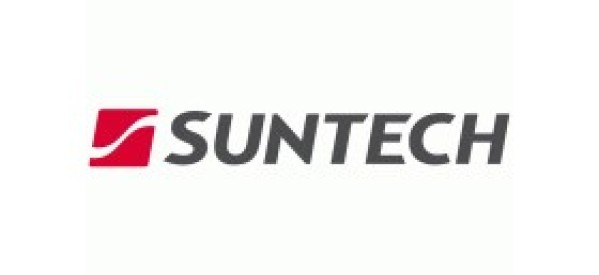Suntech Cancel $1.3 Billion Contract for Polysilicon

This doesn’t look good. Suntech, the embattled Chinese solar panel maker, has canceled $1.3 billion in polysilicon orders with South Korea chemical giant OCI. Polysilicon is the key raw ingredient in photovoltaic panels and Reuters reports that the disclosure by OCI in a regulatory filing sent OCI’s shares tumbling 9.5% to a six-year low on South Korea’s stock exchange.
But don’t expect Suntech’s assembly lines to necessarily come to a screeching halt. Solar manufacturers typically sign long-term contracts with multiple suppliers for polysilicon. The OCI contracts, for instance, ran through 2018.
Still, the order cancellation is another consequence of Suntech’s rapid fall from the world’s biggest solar panel maker in 2011 to one of the industry’s biggest debtors and raises more issues about the company’s future viability. In March, Chinese banks forced Suntech’s China operations into bankruptcy after the company defaulted on $541 million in bonds. Suntech, which is carrying more than $2 billion in debt, had a market cap of $131 million this morning.
The question is, how big is Suntech’s remaining polysilicon pipeline? In recent years, Suntech has signed contacts with Chinese polysilicon supplier GCL, South Korea’s DC Chemicals and the US’s MEMC, among others.
As polysilicon prices skyrocketed between 2005 and 2008, solar panel makers rushed to lock in long-term contracts. When prices began to fall, manufacturers moved to renegotiate those contracts. Manufacturers also buy polysilicon on the spot market to hedge long-term contracts. Some, like Yingli, even started to make their own polysilicon. That hasn’t worked out too well. In its most recent financial filing, Yingli disclosed that its in-house polysilicon operation was not cost-competitive and the company took a $32.3 million charge against the a write-down of manufacturing equipment.
Suntech’s broken contracts with OCI are likely to cost the company. When Suntech broke a supply agreement with MEMC in 2011, it ended up paying $120 million to settle the dispute.






